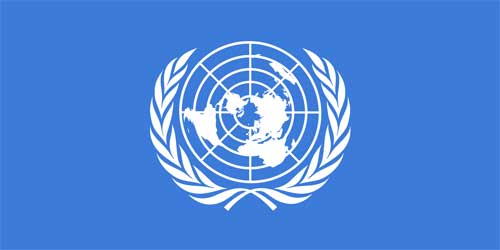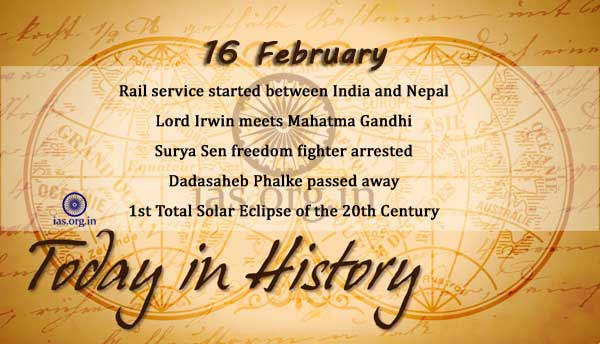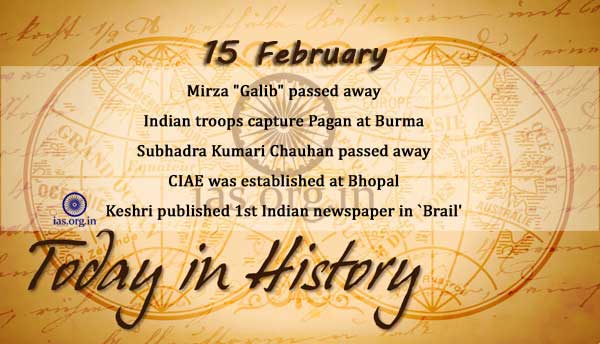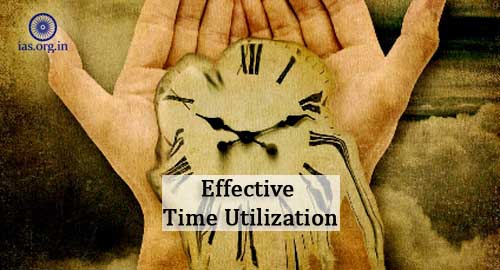As an international organization, the United Nations was formed to promote and establish world peace and cooperation. The origin of the creation of UN goes back to another organization called the League of Nations that was formed after the World War I. The League was created with an objective to make sure that in future nations would settle all their disputes peacefully without going to war.
However, the League of Nations failed in its objective and the World had to endure the second World War in 1939. The cause for the League’s failure was that powerful states like Russia and USA did not join the League.
The United Nations was established after the end of the World War II in 1945, with the mission to develop good relations between nations, maintain world peace; encourage cooperation in solving the World’s problems, and promote respect for human rights.
The United Nations, an organization of nations that confirm to cooperate with one another, brings together countries that are large and small, rich and poor and have different political and social systems.
Member nations of the UN take a vow to abstain from using force or the threat of force against other countries to Settle their disputes peacefully, and to deny help to any notion that opposes UN actions.The membership of UN is open to any country that is ready to advance the UN mission and follow its rules very strictly.
Must Read: United Nations Educational Scientific and Cultural Organisation (UNESCO)
Principal Organs of the UN
The United Nations has six principal organs:
- the General Assembly,
- the Security Council,
- the Economic and Social Council,
- the Secretariat,
- the International Court of Justice and
- the Trusteeship Council.
The general Assembly considers on major issues. The Security Council has the task of deciding certain resolutions for peace and security. The Economic and Social Council helps in encouraging international economic and social cooperation and growth. The Secretariat caters the information and facilities required by the UN. The International Court of Justice function as the principal judicial body and the Trusteeship Council, that suspended its operation after the last trust obtained its sovereignty in 1994.
Funding of United Nations
In order to function smoothly and efficiently the United Nations requires a lot of money for which it gets annual funding from its 192 member States. The amount a member state’s ability to pay.
To calculate a member state’s contribution its national income, population and level of debt are taken into consideration. Thus wealthier nations contribute more than their poorer counterparts.
Read Also: Story of United Kingdom – History in nutshell
Official Languages of of the United Nations
To overcome the language barriers the UN, as an International Organization in which almost every country of the world is represented, uses six official languages in its documents and meetings. These languages are – Arabic, Chinese, English, French, Russian and Spanish. However, the Secretariat of the United Nations use two working language – English and French.
Power of Veto in UN
Five of the 15 members of the Security council hold permanent seats. These five members are United States of America, United Kingdom, France, Russia and China. These five countries, as they were the winning powers at the culmination of the World War II and they still are considered the bulk of the World’s military power, have the “power of Veto”. This power of Veto, also known as Veto right, gives the permanent members of the Security Council the power to overturn any decision of the Security Council. The sole purpose of this power of Veto is to restrict any one country from becoming too much powerful and having its own way in the functioning of the Security Council.
At present decisions of the Security Council of the United Nations need nine votes; however, any one of the permanent members has a right to Veto an important decision.
Read Also: Brief History of United States of America
Importance of the UN Security Council
Since it is responsible for the maintenance of international peace and security, the security Council is considered very important; it has real power to get things done.,
The Security Council considers and recommends the admission of new member states in the United Nations and issues notices to member states to take action against those who breach the rules set by United Nations. The Security Council the only UN organ that has the power to demand military actions.
Barring the five permanent members of the security council, the remaining ten members of the Council are temporary as they are elected for two years terms by the United Nations General Assembly.
The meetings of the Security Council are considered very exciting as the members of the security council sit around a horse shoe-shaped table and summon delegates from member nations for discussion, at any time of the day or might.
Functions of the UN Secretariat
The UN Secretariat administers the policies and programmes laid down by the other bodies of the United Nations. The Secretary-General, the head of the UN Secretariat, is appointed by the General Assembly on the recommendation of the security Council for a five-year term that is renewable also.
The UN Secretariat has an international staff of about 8,900 taken from about 170 countries. These staff work in duty stations all over the world and carry out the day-to-day works, of diverse nature, of the organization.
Read Also: Life in the Gupta Period






